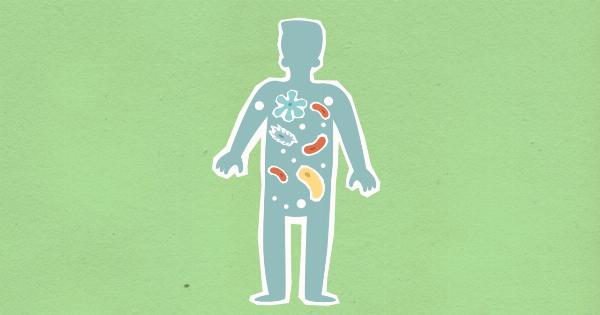Antibiotics are powerful medications that help to fight bacterial infections. They have revolutionized medicine and saved countless lives.
However, the overuse and misuse of antibiotics have led to the emergence of antibiotic-resistant bacteria, which pose a significant threat to public health. This article discusses the consequences of antibiotic overuse and explores strategies to strengthen microbes without relying solely on antibiotics.
The Problem of Antibiotic Overuse
Antibiotic overuse refers to the inappropriate use of antibiotics, including taking them without a prescription, failing to complete the full course of treatment, or using them to treat viral infections.
This widespread misuse has profound implications for human health and the environment.
Emergence of Antibiotic-Resistant Bacteria
One of the most significant consequences of antibiotic overuse is the emergence of antibiotic-resistant bacteria.
These bacteria have developed mechanisms that allow them to survive exposure to antibiotics, rendering these life-saving drugs less effective. This phenomenon has become a major global health concern, posing challenges in the treatment of common infections and increasing healthcare costs.
The Threat to Public Health
The rise of antibiotic-resistant bacteria poses a significant threat to public health. Infections that were once easily treatable with antibiotics are becoming increasingly difficult to manage.
This leads to longer hospital stays, higher mortality rates, and increased healthcare expenses. Additionally, the spread of antibiotic-resistant bacteria between individuals and communities amplifies the threat, requiring a coordinated global response.
Antibiotic Stewardship
Antibiotic stewardship refers to a set of practices aimed at optimizing antibiotic use to minimize the development of antibiotic resistance.
It involves educating healthcare providers and the general public about appropriate antibiotic use, promoting the use of diagnostic tests to ensure that antibiotics are prescribed only when necessary, and implementing policies to monitor and regulate antibiotic use.
Alternative Strategies
While antibiotics are undoubtedly essential in certain situations, exploring alternative strategies to combat infections can help reduce antibiotic use and limit the emergence of antibiotic-resistant bacteria. Some promising approaches include:.
1. Probiotics and Prebiotics
Probiotics are live bacteria that confer health benefits when consumed in appropriate amounts. They can help strengthen the microbiota, the community of microbes living in and on our bodies, by displacing or inhibiting the growth of harmful bacteria.
Prebiotics, on the other hand, are non-digestible fibers that serve as food for beneficial bacteria. Together, probiotics and prebiotics can enhance microbial diversity and resilience.
2. Phage Therapy
Phage therapy involves using bacteriophages, which are viruses that specifically target and kill bacteria, to treat infections.
These phages can be highly specific, meaning they only attack the bacteria causing the infection, sparing the beneficial bacteria. Phage therapy has shown promise in treating multidrug-resistant bacterial infections and could be an effective alternative or complement to antibiotics.
3. Immunomodulation
Strengthening the immune system can help the body fight off infections more effectively. This can be achieved through vaccinations, which stimulate the immune system to produce specific antibodies against certain pathogens.
By preventing infections in the first place, vaccinations can reduce the need for antibiotics. Additionally, optimizing overall health through proper nutrition, exercise, and reducing stress can bolster the immune system.
4. Antimicrobial Peptides
Antimicrobial peptides (AMPs) are naturally occurring molecules that have the ability to kill bacteria, viruses, and fungi. These peptides can be found in various organisms, including humans.
Harnessing the potential of AMPs for therapeutic purposes can provide a new avenue for combating infections without relying solely on antibiotics.
Conclusion
The overuse of antibiotics has led to the emergence of antibiotic-resistant bacteria, posing a significant threat to public health.
To address this challenge, it is essential to promote antibiotic stewardship and explore alternative strategies to fight infections. By strengthening our microbial communities and adopting innovative approaches, we can reduce our reliance on antibiotics and preserve their effectiveness for future generations.






























